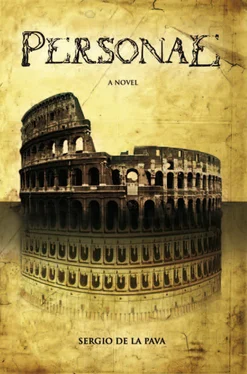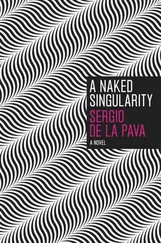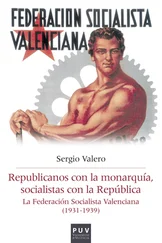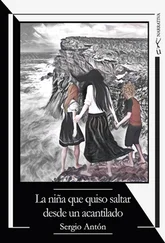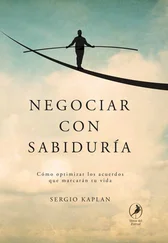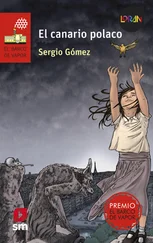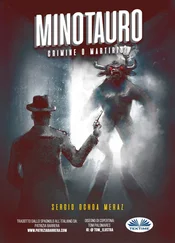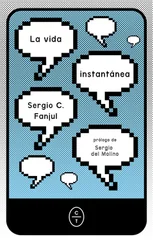( Drums )
CLARISSA: Hang in there son. We still have that machine breathed for Charles.
NESTOR: No.
CLARISSA: It kept Charles alive.
NESTOR: But won’t work on Nestor, he won’t let it.
( He gasps. )
CLARISSA: Lungs won’t fill on pride Nestor. You need air.
( Drums )
NESTOR: No, air needs me! I assert that the world needs me, the air breathes me, more than the other way around. Do I have experience of a world without me? Inconceivable, at least by that me. Me without the world? That I conceive of with ease. Yet you ask me to connect to the finite that me might be debased in the process?
( gasps )
I. Will. Not.
( Drums )
Let the world rain its ugliest flames on me. The resulting conflagration will be testament to this unalterable fact: I breathe through spear, without help, or not at all.
( Nestor puts his head in Clarissa’s lap. She puts her hand on it, runs her fingers through his matted hair )
CLARISSA: I know baby.
( Nestor dies. The drums stop. )
No, oh. Oh no. Is there greater gap we feel than between living and dead? Take an orderly century’s progression through life. From bulbous infant to vital adult until ravaged ersatz corpse. The subject may marvel at what he sees in the mirror, the family may gather in secret wish for the release that comes with resolution, but when the wholly expected comes it still shocks in its finality doesn’t it? That so much can instantly devolve into a nullity.
That gap again. Try bridging it but how? Memory’s a poor substitute for presence and though I may chant their names into eternity their eyes won’t alight, their lips won’t curl.
Then am I damned to be both reflective chanter and sole recipient?
A long, thick rope unfurls from above into the center of the room. Clarissa gently lays what was Nestor’s head on the floor and walks over to the rope. She strokes it with her hand and looks up at the invisible source. She raises the end of the rope to eye level and forms a circle out of it. She looks up again and tugs on the rope. Now she takes hold of the rope at its highest point possible and pulls herself up. Her bare feet lift off the ground until she drops herself back down. She walks away from the rope running her fingers through her hair. After some deliberation she returns to the rope with purpose. She takes it and pulls on it gently. The rope comes loose and its entire length comes down around her. She absentmindedly wraps herself in rope until it looks as if a giant serpent has come up out of the ground to coil itself around our Clarissa.
Clarissa sits down. The Drums resume; the pattern, if there even be one, difficult to divine.
CURTAIN
VII. Another Enquiry Concerning Human Understanding
Do I need, at this late a stage, to even cursorily paint a word picture that seeks to implant in you the sight of a New York City police precinct with phones ringing and mostly weary people shuffling in response? If I don’t and you’ve never actually been in one ask yourself why I don’t and whether this is really a legitimate process. Regardless, in such a place Detective Helen Tame walked through a louder than usual gathering that immediately became quieter than usual to enter a room that looked almost nothing like the representations just referenced to to speak with Captain Frank Furillo but not that one.
“Whatever it is you wish to see me about,” she said. “You’re wrong. Wrong to my right.”
“I wonder if this Officer Avery might not qualify as Grade A numbskull, calling you on that DOA.”
“Maybe worry about your own classification, he done good. Most suggestive call I’ve gotten in years.” Then she said interesting but with minimal breath.
“Interesting? I’m sorry but the fancy letters you passed on the way in still spell homicide. An ancient man lying on his kitchen floor having travelled the full course of all flesh? Think I’ll go ahead and suspect fair play.”
“Fairly foul and causes unnatural.”
“Helen no. Don’t do this.”
“I’ll not do anything, other than inform you of reality. I don’t shape, however. To shape reality you need a Callahan or a Diggens.”
“They’re good detectives first of all and I’m not asking you to shape anything. I am asking you to be at least slightly conventional for once.”
“Asked and answered.”
“I’m serious, all that red on the board out there and you want to paint it with more?”
“Your belatedness is showing, it’s up there.”
“You put a ninety something —
“Hundred-eleven.”
— year-old John Doe on my board? Who gave you access to the red marker anyway?”
“It’s a red marker Franklin, if you crave exclusivity you might want to rethink the procedure.”
Furillo’s life, and this is not even a criticism, was readily reducible to an almost epochal conflict between two deceptively simple colors: anxious, hateful Red and accomplished, finality-infused Black. Red — didn’t escape him the color of blood — spread on that board like a spill. Every red addition meant human tears. He knew this but sometimes failed to make relevant others understand it. He had twenty of these others and they needed to understand that every red name once denoted an actual human being. A human being that cried when it first saw light, cried that it couldn’t return, when its desires weren’t met then later at the realization that it was nothing but unmet desire, at physical decay and mental torment day after relentless day and when it stopped crying, because it had stopped only everything, passed those tears on like a baton to those left behind. And whenever someone he needed to understand this — that the responsibility was not to the dead but to the living — would object something like the red name had it coming or that there was no one left behind who cared about the red name Furillo would employ various stratagems he had honed over a quarter century with the inevitable result that the speaker would soon not be one of his twenty so that just then he was eighteen out of twenty and hard at work on reaching a hundred percent.
Helen Tame was not one of his twenty. So sui generis the phrase seemed almost criminally inadequate, Tame was of no one and belonged to no group and that final case she had been threatening him with he now realized was written in red on the board.
“But where it’ll remain red the briefest of whiles,” she said. “Enough of this night’s black will bleed onto the board to conclusively resolve the matter.”
“But why? Why do we even temporarily need a centenarian John Doe?”
“Do you even listen to yourself when you speak? A man lives more than a century, is discovered dead in what is clearly his home, said home is located in twenty-first century America, yet we’re unable to name him? So, yes, in large part because he’s a centenarian John Doe is why.”
“Why he interests you, fine, but does that warrant such indiscriminate use of the red marker?”
“Bottom line is not natural, his end lacks nature, so it reds on the board. Possible suicides go up red as well you know.”
“How’s it not natural? You spoke to the medical examiner?”
“Did I speak to an M.E. before deciding unnatural? Do you consult with your cat before deciding whether to refinance your mortgage? Helen Tame, nice to meet you.”
“Fine not natural but what are you saying, homicide? A hundred-year-old suicide? Be real.”
“Reality? For real?”
“Serious, tell me where you are with this.”
“No. Far as suicide there’s a missing pet cat, as in given away just before death, but what I really want to do is at the end kind of gather every possible suspect then dramatically declare the killer’s identity followed by a painstaking rendition of how I came to that conclusion.”
Читать дальше
